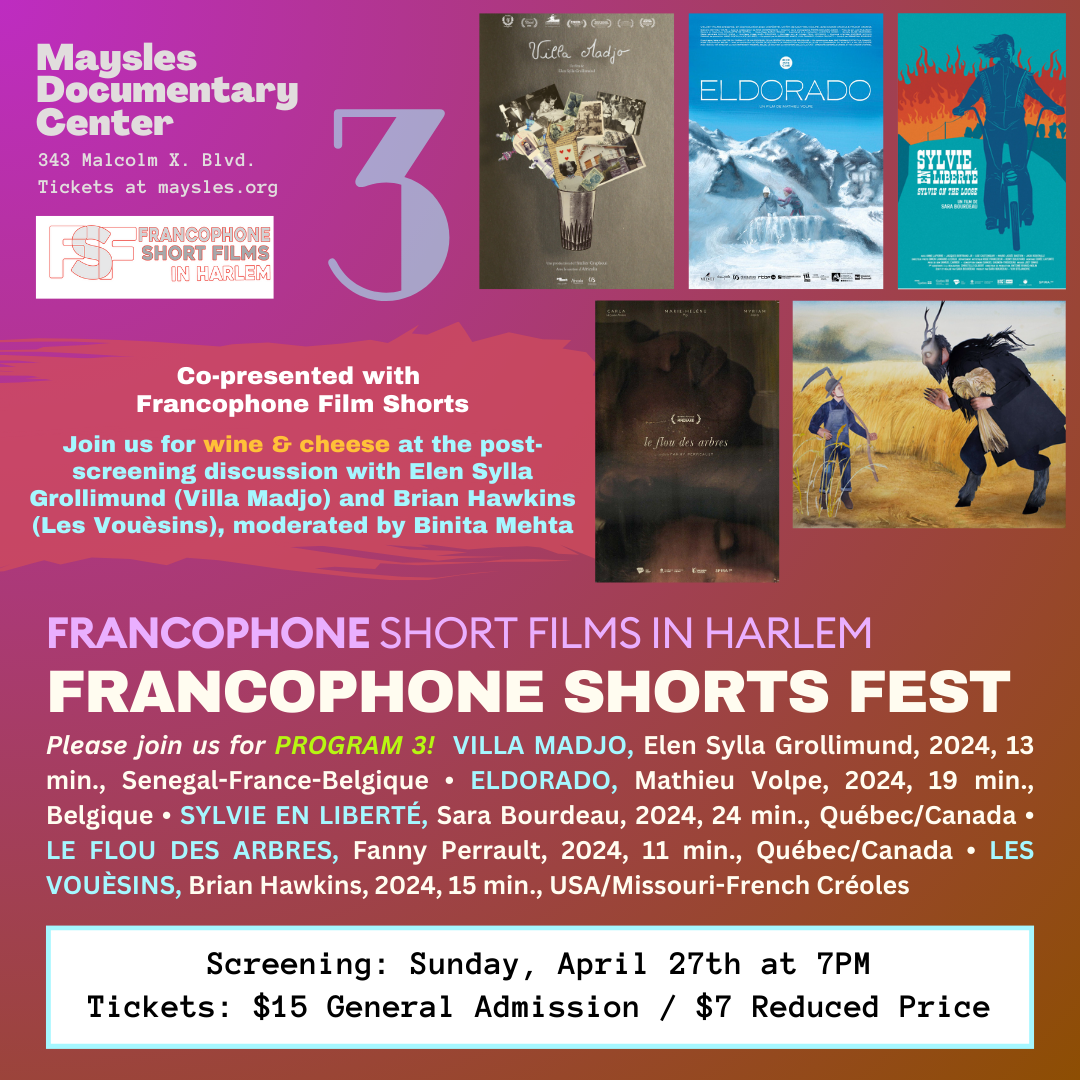IN CINEMA
Djibril Diop Mambéty: Final Films
Tickets: $15 General Admission / $7 Reduced Price
Friday, December 15th at 7PM
Djibril Diop Mambéty, a towering figure in world cinema, is best known for his two features, Touki Bouki (1973) and Hyenas (1992). Yet these two extraordinary films tell only part of the story of the director’s enormous accomplishments in his too-brief life. Two masterpieces of the medium-length form (commonly referred to as a featurette or moyen métrage) that Mambéty completed in his final years provide us a fuller picture of the elements that define his small, but perfect, filmography—a rich social vision, sly humor, and formal ingenuity. Mambéty initially meant for these films to lead off a trilogy to be titled “Tales of Ordinary People,” but sadly lived only to complete Le Franc and The Little Girl Who Sold The Sun.
Le Franc
1994, 46 min, Wolof
In the first film, Le Franc, Mambety uses the French government's 50% devaluation of the West African Franc (CFA) in 1994, and the resulting hardships as the basis for a whimsical commentary on using the lottery for survival.
The hero of this tale is Marigo, a penniless musician living in a shanty town, relentlessly harassed by his formidable landlady. He survives only through dreams of playing his congoma (a kind of guitar) which has been confiscated in lieu of back rent. But winning the lottery changes his life. Played with slapstick gusto by the gangly, rubber-legged Dieye Ma Dieye, Marigo is both comic and poignant, a Senegalese Charlie Chaplin.
The Little Girl Who Sold The Sun (La Petite Vendeuse de Soleil)
1999, 45 min, Wolof/French
Sili is a little girl between ten and thirteen years old. She lives on the street and moves with crutches. Her legs cannot support her since she had polio. She tries to get close to the boys who sell newspapers, but they push her and make her fall. She gets irritated and decides to take her destiny in her own hands. Instead of begging, she will sell newspapers like the boys. Equal rights for both sexes.
Although the world of the newspaper boys is cruel and merciless, along with pain, she also finds friendship. The film was shot on the street with the participation of the street children.
La Petite Vendeuse de Soleil was screened as part of the International Forum of New Cinema section of the 49th Berlin Film Festival, 1999.














